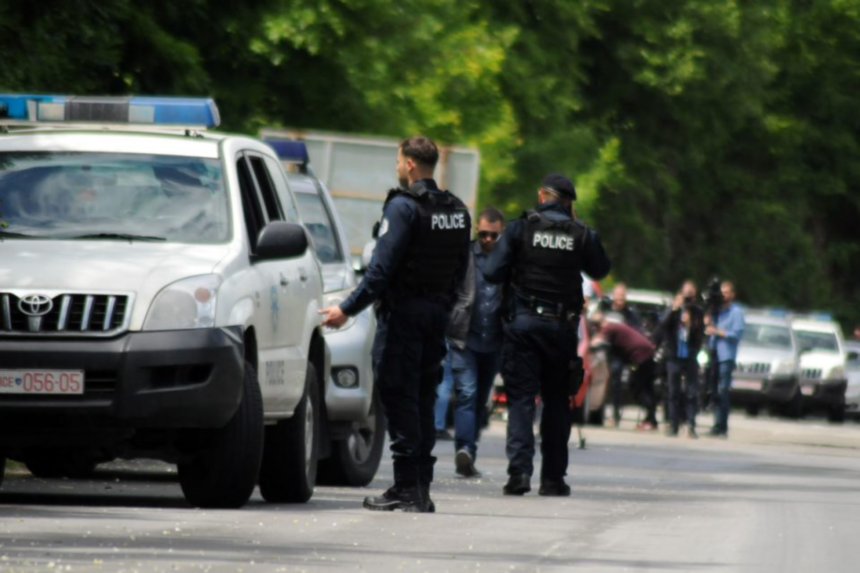A 2024 report by the NATO Parliamentary Assembly has raised significant concerns about the security situation in four northern municipalities of Kosovo with a Serb majority, reports Indeksonline.
The 28-page document highlights the influence of Russia and China in Serbia and Bosnia-Herzegovina as alarming, particularly for their destabilizing impact on the Western Balkans.
The report, authored by British Lord Mar Lancaster, criticizes both the Kosovo government’s actions in the northern municipalities and the failure to implement the Kosovo-Serbia agreements.
At the core of the Kosovo-Serbia discord, the report notes, are two key issues: Serbia’s refusal to recognize Kosovo’s independence and the integration of Kosovo’s Serb minority, particularly in the northern municipalities where Serbs form over 90% of the population.
“Serbia’s active international campaign against Kosovo’s statehood and the challenges of integrating the Serb minority have escalated tensions, particularly in the north. These issues have created a political deadlock with a high potential for violence,” the report states.
It also addresses the controversial entry of ethnic Albanian mayors into the northern municipalities of Mitrovica North, Leposavić, Zubin Potok, and Zvečan, accompanied by Kosovo’s special police units. This action, the report claims, led to heightened tensions, prompting Serbia to position its army near the Kosovo border.
“Despite a lack of a clear mandate and calls from the EU and the U.S. to avoid this move, Kosovo’s Prime Minister Albin Kurti encouraged the mayors to assume office, deploying special police units for their protection. This led to significant violence, including attacks on KFOR personnel on May 29, leaving 93 peacekeepers injured,” the report adds.
The resignation of a large number of Serbian police officers has reportedly created an institutional vacuum, further destabilizing the northern region.
Security expert Drizan Shala attributes the tension to Russian influence over Serbian President Aleksandar Vučić, claiming that Belgrade aims to increase instability in the northern municipalities through both criminal activities and state mechanisms.
“Serbia persistently interferes to undermine Kosovo’s critical infrastructure and constitutional activities in the north,” Shala stated.
The report also outlines necessary actions for both parties. Kosovo is urged to move forward with the establishment of the Association of Serb-Majority Municipalities, while Serbia is called to halt its anti-Kosovo statehood campaign.
Given the escalating risks, the report recommends NATO consider increasing its troop presence in Kosovo and Bosnia-Herzegovina.
When questioned about a potential troop surge, KFOR has yet to respond as of this report’s publication.







